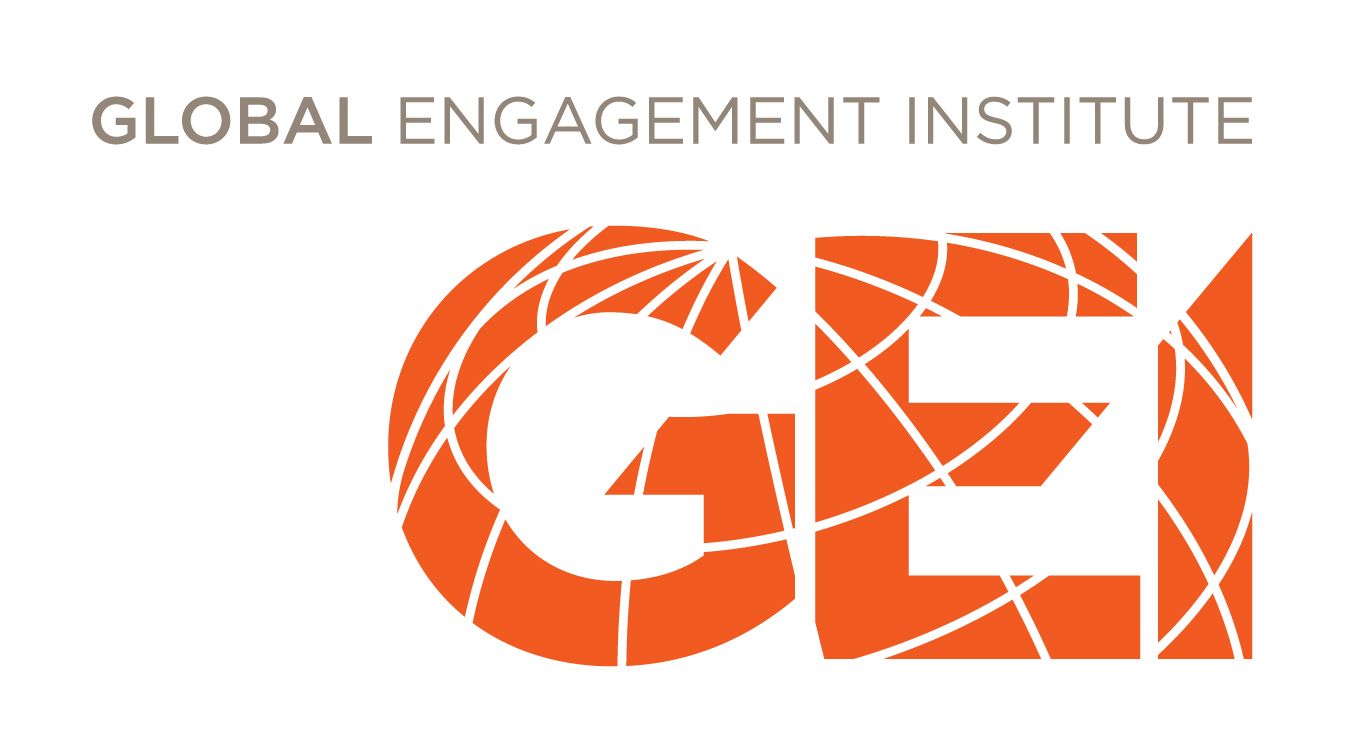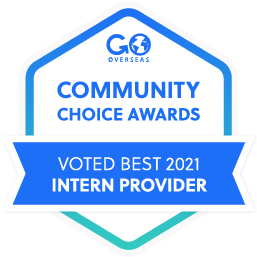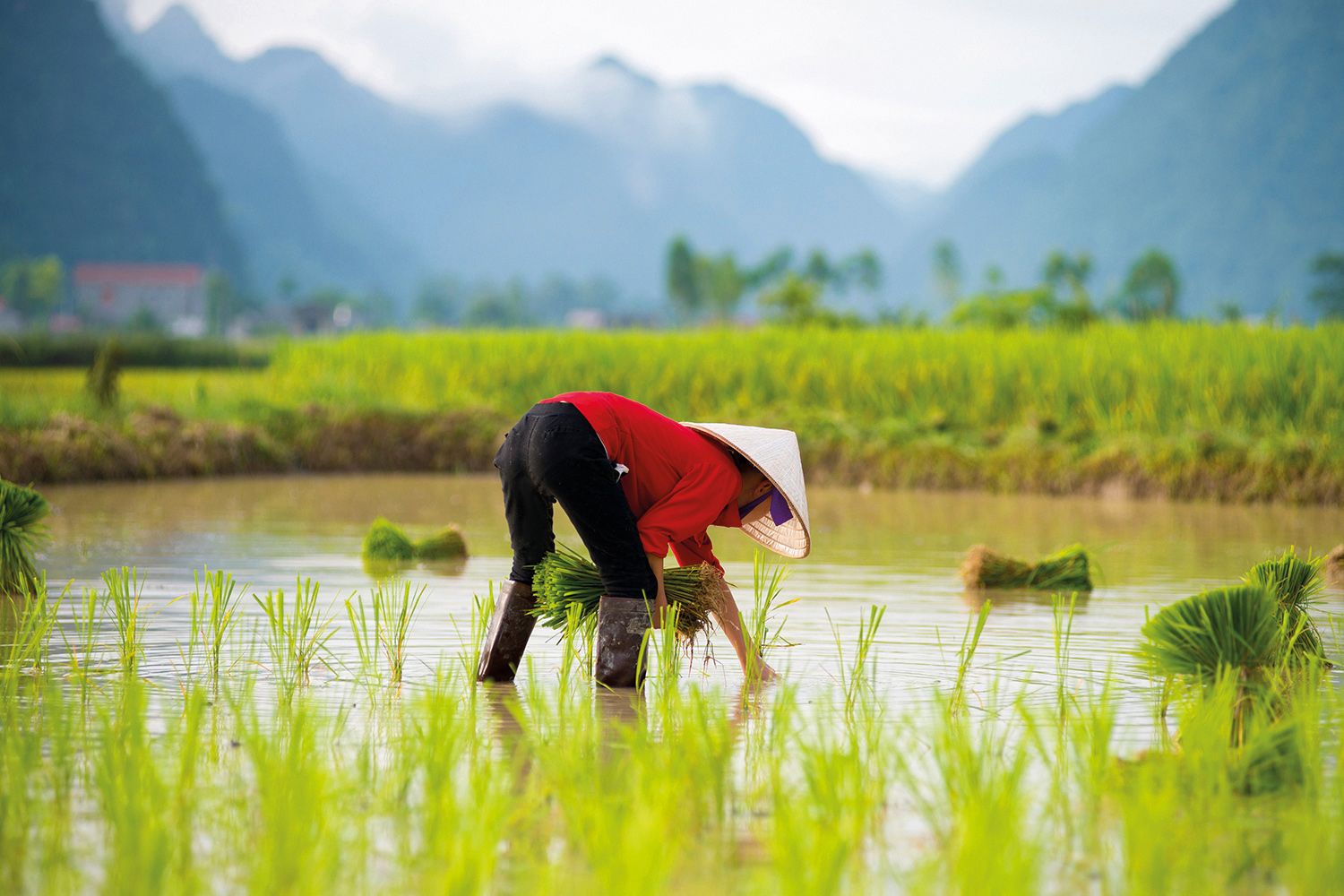GLOBAL HEALTH (RWANDA)
GEI CERTIFICATE IN GLOBAL ENGAGEMENT
A 16-credit certificate program to develop skills, knowledge, and understanding that prepare you for leadership and engagement in our global society.
AT A GLANCE
-
Certificate in Global Engagement Program
-
Disciplinary Track: Global Health
-
Study Abroad Destination: Rwanda
-
Fall Semester Dates: Sep 1-Dec 13, 2025 (15 weeks)
-
Spring Semester Dates: Feb 2-May 16, 2026 (15 weeks)
-
Fall Semester Dates: Aug 31-Dec 12, 2026 (15 weeks)
-
Credit: 16 U.S. credit hours (~ 32 ECTS credits) for eligible university students
-
Eligibility: Any field and level of study
PROGRAM OVERVIEW
Write your awesome label here.
Write your awesome label here.
Write your awesome label here.
Write your awesome label here.
Write your awesome label here.
Write your awesome label here.
ACADEMICS
This hybrid seminar establishes the theoretical, cultural, and ethical foundation for the semester's global health immersion. Conducted through a blend of online modules and in-person facilitation in Rwanda, the course equips students with essential interdisciplinary frameworks, including systems thinking, structural competency, and ethical global engagement.
Throughout the course, students engage in team-based projects, case studies, and interactive activities that deepen their understanding of global health inequities and foster the skills necessary for effective cross-cultural collaboration. Emphasis is placed on developing personal leadership, reflexivity, and the ability to navigate complex sociocultural dynamics in global health contexts. The seminar is guided by a GEI facilitator who supports collaborative learning and real-time application of course concepts in the local Rwandan setting.
This intensive course offers students a solid foundation in Kinyarwanda, the national language of Rwanda, and is designed to support effective communication and cultural immersion during the semester. The course focuses on practical language skills needed for everyday interactions, academic fieldwork, and community engagement.
Emphasizing both linguistic and cultural fluency, students learn basic grammar, pronunciation, and vocabulary while gaining insight into Rwandan norms, values, and social dynamics. Instruction is delivered in an interactive, student-centered format with native-speaking instructors and includes role-plays, dialogues, and community-based practice sessions. By the end of the course, students are prepared to navigate daily life in Rwanda with confidence and cultural sensitivity.
This 3-week course bridges classroom theory with immersive, on-the-ground experience in Rwanda’s public health landscape. Through structured field visits, community interactions, and interviews with key stakeholders, students explore how national policies and grassroots efforts intersect to shape health outcomes.
Working in interdisciplinary teams, students critically analyze health systems, community dynamics, and intervention strategies, guided by faculty and local professionals. Weekly colloquia provide a space for synthesis, ethical reflection, and collaborative problem-solving. The course culminates in a field-based group project that investigates a specific public health challenge within the local context.
In this final, four-week practicum, students apply their accumulated learning in a high-impact, team-based placement with a local health organization. Under faculty guidance and mentorship from Rwandan professionals, students design and implement an intervention that addresses a real-world health challenge - ranging from health promotion campaigns to service delivery innovations.
Weekly colloquia continue to anchor the experience, fostering reflective practice, systems thinking, and ethical engagement. The practicum concludes with a public project presentation and submission of a comprehensive digital portfolio that documents the student’s contribution, learning outcomes, and professional development.
As capstone project, students create a digital portfolio that serves as a comprehensive record of the students’ achievements and learning throughout the program. Students gather artifacts from their coursework and field experiences to showcase their development and mastery of skills. The portfolio culminates in a reflective essay and a presentation, promoting self-assessment and continuous learning.
There are no specific prerequisites or requirements. Students can be enrolled in any major or minor and can be at any level of university study. While we try to always place students in cohorts with similar levels of study, please understand that this may not always be possible.
Our programs are designed to follow U.S. academic standards and culture. The semester pace is intensive, with high expectations for academic performance, cultural engagement, and professional growth. The U.S. grading scale of A to F is used. Students will complete a variety of assignments, including six thematic group assignments, weekly reflective journaling or blogging, and a final analytical project paper (MED301); participation in a structured field placement, weekly reflective entries, and a final field report (MED302); a collaborative practicum project, a professional presentation, and a personal reflective essay (MED303); and engaged participation in intensive Kinyarwanda language instruction, with homework, a written final exam, and an oral proficiency test (LAN302). In addition, all students maintain a digital portfolio that tracks their academic and experiential progress and concludes with a capstone reflection and presentation.
16 U.S. credit hours (~ 32 ETCS credits) for eligible undergraduate students via our U.S. academic school of record. After successful completion of the program, you will receive a comprehensive GEI transcript as well as the GEI Certificate in Global Engagement. Please check with your academic advisor at your home institution to confirm how many credits can be accepted for your degree program.
The language of instruction is English.
UNIQUE EXPERIENCES
Progressive health system access
students explore Rwanda’s renowned community-based health insurance model, primary care initiatives, and district health systems through field visits, interviews, and guided tours of clinics, hospitals, and policy institutions.
Collaborative community engagement
Through project-based learning and practicum placements, students build relationships with local health professionals and contribute to initiatives focused on maternal-child health, infectious disease, mental health, and more.
Write your awesome label here.
Write your awesome label here.
HOUSING & MEALS
The program includes a minimum of 15 weeks in Rwanda. For this time, GEI Rwanda offers different housing options that students can choose from, pending availability. These include:
- Homestays: Typically single rooms, with shared bathroom, and access to a kitchen and living room
- Serviced apartments: Single or shared double rooms, with shared bathroom, and access to a kitchen and living room
- University residence halls at our local partner universities: Shared double rooms, with shared bathroom and no kitchen facilities
- Simple guesthouses: Shared double rooms, with shared bathroom and no kitchen facilities
Homestay host families typically provide breakfast and dinner. Students in serviced apartments, university residence halls, or guesthouses are usually responsible for all meals outside of core course meals.
You can find additional information in the following blog post: Accommodation – What to expect.
You can find additional information in the following blog post: Accommodation – What to expect.
DATES, FEES, AND SCHOLARSHIPS
Fall 2025 (15 weeks): Sep 1-Dec 13
Spring 2026 (15 weeks): Feb 2-May 16
Fall 2026 (15 weeks): Aug 31-Dec 12
Fall 2025: July 1
Spring 2026: Dec 1
Fall 2026: July 1
Fall 2025: US $17,450
Spring 2026: US $17,450
Fall 2026: US $17,450
RWANDA
STAFF
All of our staff are highly experienced and resourceful professionals.


